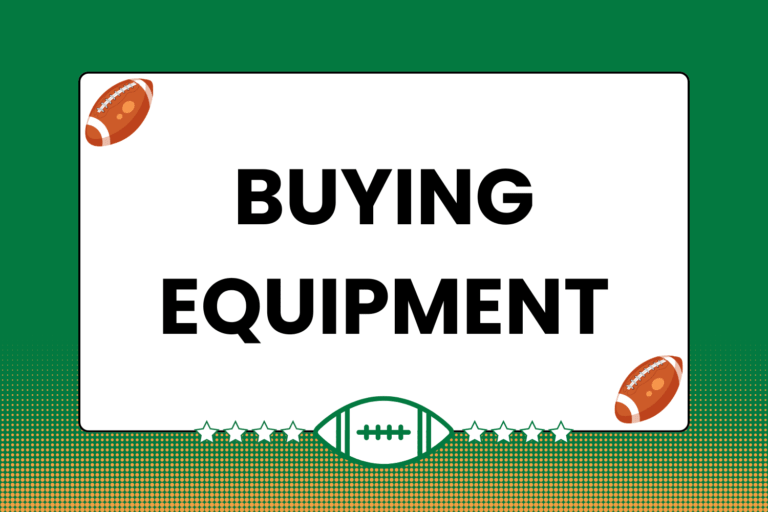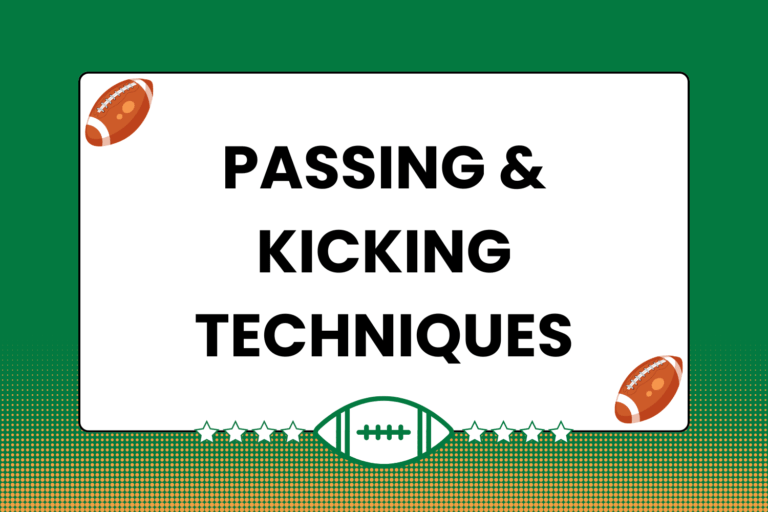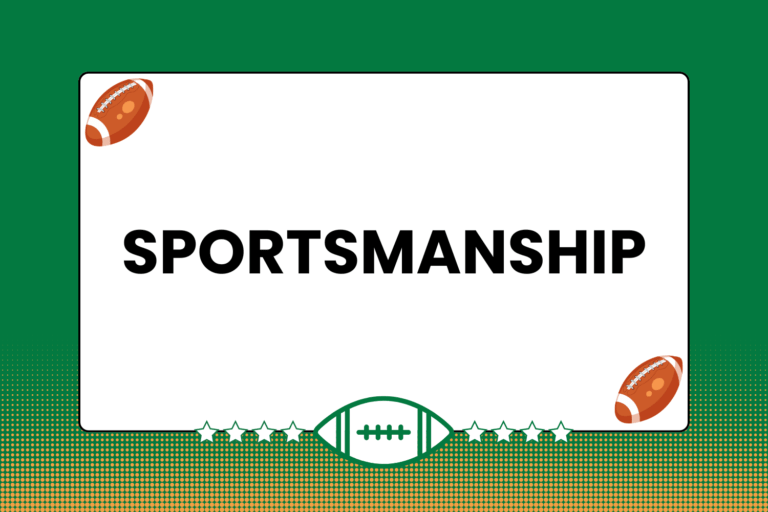Every sport has a unique set of guidelines that stipulate how the players and coaches may communicate with their respective officials. Baseball managers, for example, can actually pause the game while they argue a call (or non-call) with the umpire. Players, on the other hand, can be ejected for the slightest of comments directed at the same umpire. Basketball players and coaches routinely barrage referees with complaints, though doing so in a manner that disrupts the game draws a foul.
In contrast to the aforementioned sports, rugby employs a very strict code of conduct that explicitly outlines the appropriate way to communicate with an official during a match. Failing to abide by these rules can leave you watching from the sin bin, and possibly cost your team the game. This guide explains the best way for players to talk to an official.
The Pre-Match Conversation
Before a match starts, the referee separately meets with both teams. These meetings accomplish several important tasks:
- It’s an opportunity for the referee to introduce himself (and his crew, if applicable) to the players.
- The referee uses this time to explain how he calls a few procedural items, such as the scrum cadence.
- The referee relays any new information about rule changes.
- The referee answers any questions the players may have.
This last point is the most important, since it’s the only opportunity players have to speak openly with the referee (more about this in Tip #2). Every referee is different, and has a distinct system by which they judge actions and determine illegal play. This pre-match conversation is the best time to get clarification about how a certain infringement will be called — anything from how to join a ruck, to whether or not he will call out potential penalties as he sees them (such as offsides).
The Captains do the Talking
Once the game is underway, the team captains are the only players who are supposed to talk to the referee — and they’re usually the only players the referee will address. On occasion, the referee will explain this rule in the pre-match conversation. Regardless, every player on the pitch is expected to know and abide by this stipulation.
Even so, in-game communication between players and referees is expected to be brief and infrequent. Most instances of referee/player conversation occur in the following situations:
- After a penalty: The referee explains the options for restarting play to the non-infringing side.
- Repeated penalties on the same player: The referee usually asks the captain to call the penalized player over, and warns both the player and captain that the player will receive a yellow card (or red, depending on severity) if he makes the same penalty again.
- After a try is scored: The referee directs the player attempting the conversion kick to the spot from where the kick should be attempted.
Along similar lines, it is in these sorts of situations — routine play stoppages — that the captains should approach the referee if they have a question or concern. The referee will likely ignore any comments while the ball is in play, and you can even draw a penalty for trying to do so.
Fun Fact:
Prior to 1892, referees were not required (or even used) for a rugby game to take place. Instead, the captains from both teams would meet before the game and agree on a specific set of rules to be used.
The Few Exceptions
While the captains should be the only players to regularly communicate with the referee, there are a few situations in which other players are permitted to talk to the referee — even while the ball is in play. Here are a few examples of such situations:
- Asking for time: Though it shouldn’t be done every five minutes, players can occasionally ask the referee for the match time. While the referee isn’t obligated to respond, most will.
- Injuries: There are 30 players on the field, but only one referee. As a result, the referee may not see everything that occurs. If a player goes down with an injury, calling for the referees’ attention shouldn’t warrant a penalty. Play may not be immediately stopped, but at least the referee will be alerted to the fact that a player is injured.
- Repeat infringement explanation: This is extremely risky, but in some situations where a player has repeatedly been called for the same minor infringement, he can ask the referee what he’s doing specifically that calls for a penalty. Again, the referee isn’t obligated to respond, and can potentially penalize that player further for disrupting the game. However, if such a request is done in a civil and earnest manner, the referee may take a few seconds to explain what the player is doing wrong.
The safest route to go in any of these situations is for players to communicate with the referee exclusively through their respective captains. However, in situations where this isn’t an option, players will usually be allowed to communicate directly with the referee.
Respect is Crucial
Regardless of when or why a player chooses to talk to the referee, it should always be done with respect. Disrespecting the referee automatically puts you (and the rest of your team) out of favor with the referee. Although you may disagree with the ref’s call, never sacrifice your team’s chance of winning a game for personal reasons. You should be safe if you keep communication with the referee simple, civil, and infrequent.





